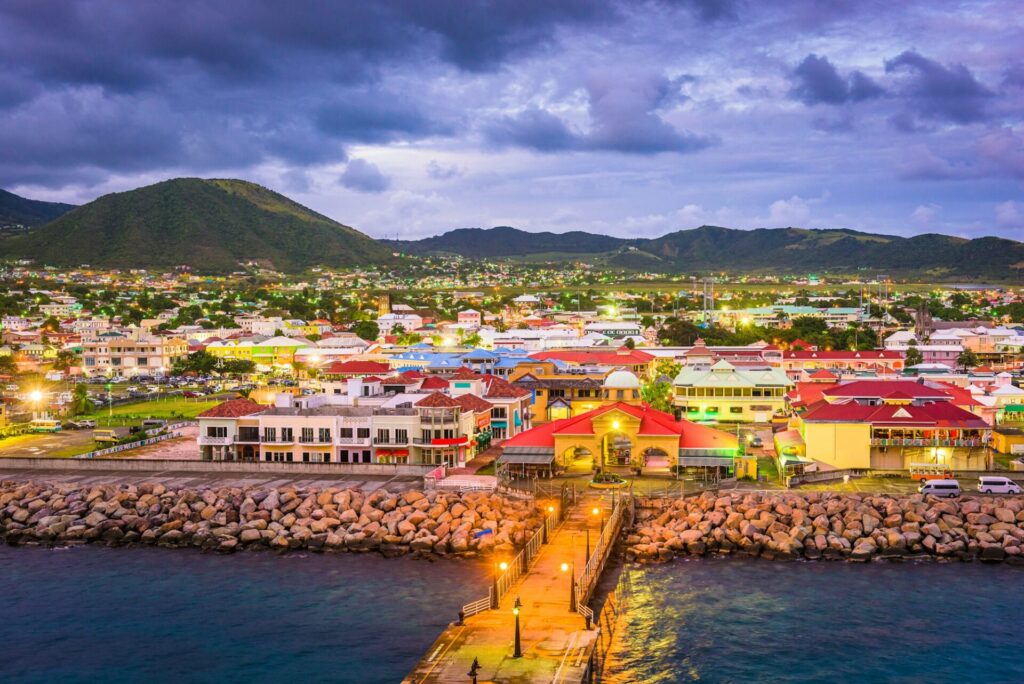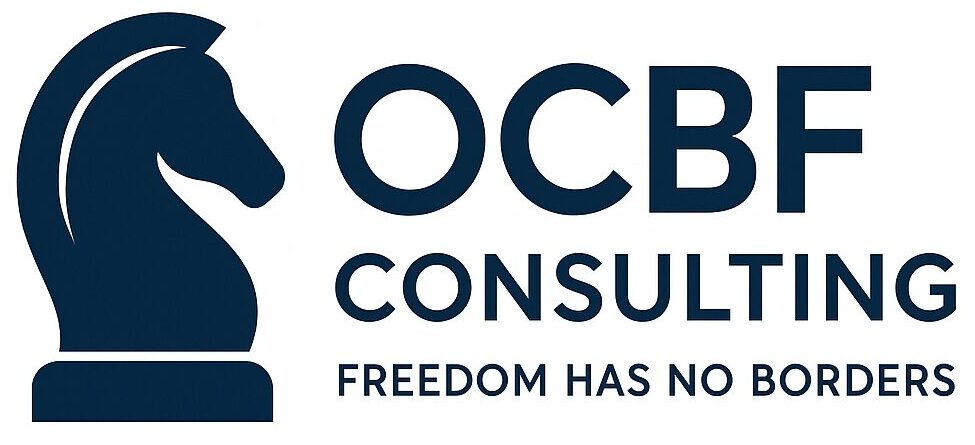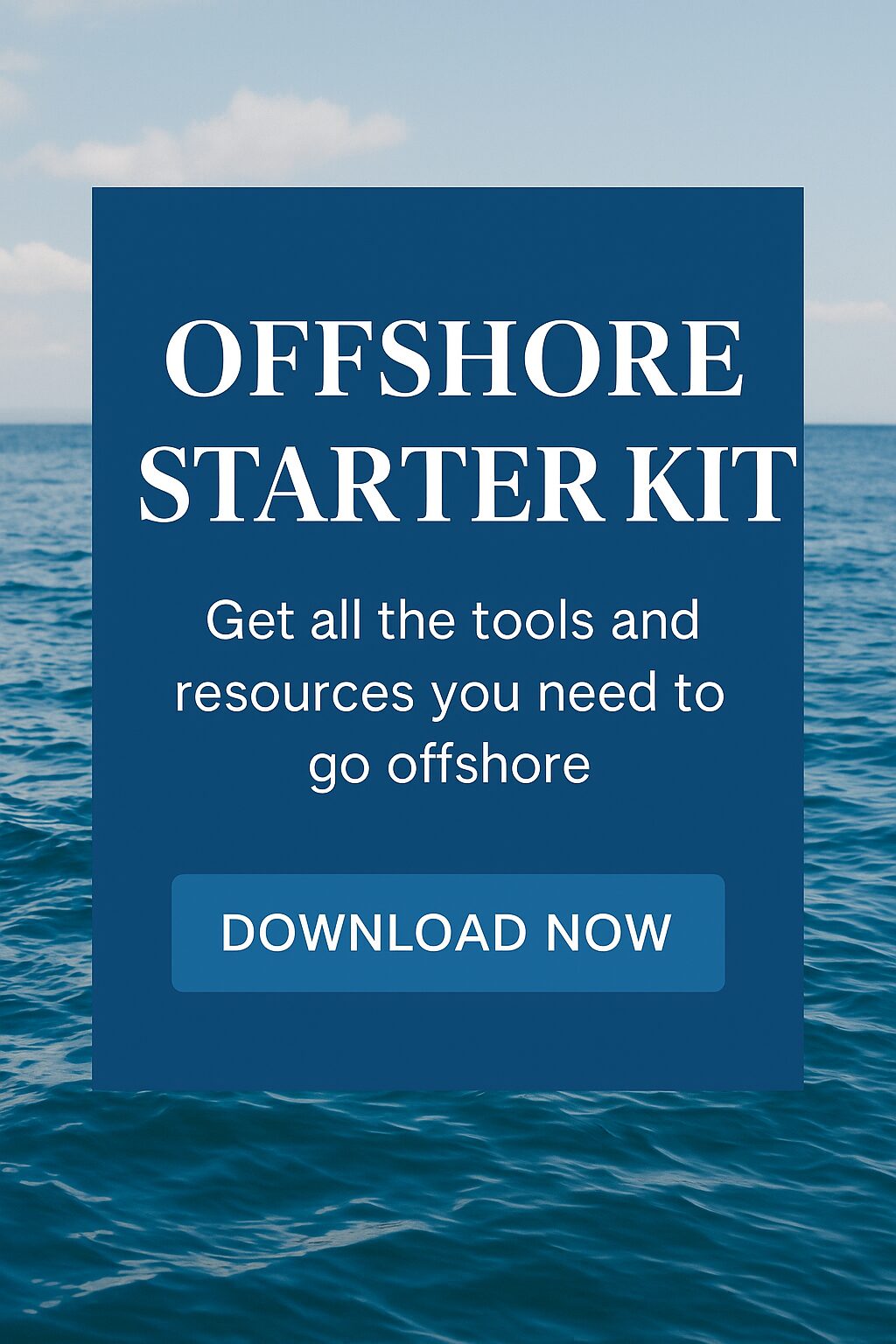The knock on the door wasn’t from a hacker. It was from a lawyer.
Alex had built a small fortune in crypto—staking tokens, trading across exchanges, riding every bull run since 2017. His assets were digital, decentralized, and in his mind, untouchable. Then came a lawsuit from a former business partner. Within weeks, a court issued an injunction compelling him to disclose all digital holdings.
His “borderless” wealth wasn’t invisible at all. The plaintiff’s attorneys traced transactions through public ledgers, subpoenaed exchanges, and within days, froze more than half a million dollars on a U.S. trading platform.
The blockchain never lied—but it never protected him, either.

The New Reality of Digital Exposure
For decades, asset protection was about hiding accounts in secretive banks or shifting titles across shell companies. But crypto changed everything.
The same transparency that made blockchain revolutionary has made it a paradise for forensic accountants. Every transaction, every movement of Bitcoin or Ethereum, is indelibly public. Tools like Chainalysis and Elliptic let investigators follow coins across borders with uncanny precision.
And when courts get involved, enforcement follows. U.S. judges now regularly order defendants to surrender wallet access or private keys. Exchanges comply quickly—especially the regulated ones. What was once considered “offshore” now sits under the reach of domestic courts.
If your crypto is in your name, on a domestic exchange, or tied to a visible wallet, it’s vulnerable.
The modern investor’s challenge isn’t secrecy. It’s jurisdiction.
The Crypto Offshore Trust: The Fortress Rebuilt
Enter the offshore trust—an old weapon with new relevance.
An offshore trust is a legal structure created under the laws of a foreign jurisdiction, such as the Cook Islands, Nevis, or Belize. You, the settlor, place assets inside the trust. An independent trustee manages them for your benefit.
Its power lies not in anonymity but in sovereignty. A Cook Islands trust, for example, is governed entirely by Cook Islands law. That means a U.S. court order has no authority there. The trustee—subject only to local law—cannot be compelled by a foreign judge to surrender your assets.
When properly built, it’s not about evasion. It’s about architecture: creating legal distance between you and what you own.
“If the LLC is a wall,” says one international lawyer, “the offshore trust is the moat and the drawbridge combined.”
Originally designed for high-net-worth estate planning, these structures have become the modern sanctuary for digital wealth.
Why Crypto Needs Offshore Protection
Crypto is uniquely exposed. It lives on public ledgers, travels across jurisdictions, and exists beyond traditional banks. Yet it’s still governed by the same legal principles as any other property. If a creditor wins a judgment, they can seize it—if they can find it.
The Offshore Banking Quick Start Guide is a 70+ page, no-fluff blueprint that takes you from “I don’t know what to do” to submitting a bank-ready offshore application with confidence.
Get the Offshore Banking Quick Start Guide ($9)
And thanks to blockchain analytics, they usually can.
The vulnerabilities multiply:
- Traceability – wallets are pseudonymous, not anonymous. Once linked to your identity, every transaction becomes a map.
- Custody – if your assets sit on an exchange, they’re effectively in a bank account under your name.
- Control – courts can compel disclosure of private keys or freeze access through intermediaries.
When you protect crypto with an offshore trust, you move those assets into a jurisdiction where enforcement stops at the border. The trust owns them, not you. The trustee, bound by foreign law, isn’t subject to domestic court orders.
You separate control from ownership—and that difference is everything.

How the Structure Works – Protect Crypto With an Offshore Trust
An offshore trust is not a vault you bury your keys in. It’s a system. The strength lies in the sequence.
- You create a trust in a strong asset-protection jurisdiction like the Cook Islands or Nevis.
- A licensed offshore trustee—not you—becomes the legal owner of the trust assets.
- The trust establishes an offshore LLC, wholly owned by the trust, which in turn holds your crypto wallets or exchange accounts.
- You act as manager or investment adviser of that LLC, retaining decision-making power without direct ownership.
- The trust agreement clearly defines your rights, limits, and powers while ensuring legal separation.
The result is elegant: you manage your portfolio, the trust owns the entity, and the law of another country governs the outcome.
If a U.S. judgment comes calling, the trustee isn’t bound to comply. Even if the plaintiff traces the coins, the court can’t reach them.
“You can’t freeze what you don’t own,” says a Cook Islands trustee. “You can only wish you’d structured earlier.”
Jurisdiction Matters More Than Ever
Not all “offshore” is equal. In the race to attract global wealth, some jurisdictions wrote the rules on protection—others merely borrowed them.
- Cook Islands: The gold standard. Its International Trusts Act provides some of the world’s strongest barriers against foreign judgments. Plaintiffs must file a new case in the Cook Islands, pay local fees, and prove their claim beyond reasonable doubt—a near-impossible task. Trustees here are highly experienced in digital-asset custody.
- Nevis: Offers modern trust law, quick setup, and a two-year limitation period on fraudulent-transfer claims. Often paired with Nevis LLCs that can directly hold crypto wallets.
- Belize: Lower costs and flexible rules but less crypto experience.
- Seychelles / Labuan: Emerging fintech hubs offering hybrid trust + VASP regimes.
- Dubai / Cayman: Strong infrastructure, regulated exchanges, but higher transparency and licensing overheads.
Your choice depends on priorities—Cook Islands for legal immunity, Nevis for cost efficiency, Dubai for regulatory reputation.
For serious protection, the first two still rule.

The Private Key Paradox
Crypto isn’t a gold bar; it’s access data. Whoever holds the keys holds the wealth. That makes key custody the most delicate part of any offshore structure.
There are three main models, each with its own balance of control and safety:
- Trustee-held custody: maximum legal protection, as the trustee alone controls the wallets—but you must trust the trustee’s security and honesty.
- Multi-signature wallets: shared custody between trustee, manager, and possibly a custodian—no one can move assets alone.
- Offshore LLC management: the trust owns an LLC; you act as manager with limited powers. The keys sit under company control, not personal ownership.
The ideal setup depends on your risk tolerance. The more control you retain, the more vulnerable you remain.
But for many, the hybrid model—multi-sig plus offshore LLC—offers the perfect blend of access and defense.
“It’s not about hiding your keys,” says one fiduciary executive. “It’s about ensuring no court can order you to hand them over.”
Ready to get your first offshore bank account approved?
The Offshore Banking Quick Start Guide gives you a realistic 7-day action plan, a complete KYC checklist, and templates for bank explanation letters and Source of Funds.
Get Instant Access ($9)The Compliance Equation for Crypto Offshore Trusts
Offshore doesn’t mean off-the-books. In fact, the strength of modern offshore planning lies in transparency—done correctly.
For U.S. persons, reporting obligations still apply:
- Form 3520 / 3520-A for foreign trusts.
- FBAR (FinCEN 114) if the trust or its LLC holds accounts on non-U.S. exchanges exceeding $10,000.
- FATCA (Form 8938) for foreign digital assets.
You’ll still pay U.S. taxes on realized gains if you’re the grantor or beneficiary. What you avoid is exposure to personal liability and domestic seizure.
A compliant offshore trust doesn’t hide money—it hardens it.
The key is to build the structure before trouble arises. Transfers made after a lawsuit begins can be clawed back under fraudulent-conveyance laws.
Think of it like insurance: once the fire starts, it’s too late to buy the policy.
Case Studies: Two Very Different Outcomes
Investor A — The Fortress That Held
A U.S. entrepreneur held $8 million in Bitcoin through a Cook Islands trust and a Nevis LLC. When sued in a civil dispute, the plaintiff obtained a U.S. judgment—but the assets were safely outside domestic jurisdiction. After months of failed enforcement, the case settled quietly for pennies on the dollar.
Investor B — The Wallet That Froze
Another trader ignored planning, keeping his holdings on a U.S. exchange in his name. A court injunction froze the account instantly. When ordered to surrender his private keys, he refused—and was held in contempt. His digital independence vanished under judicial order.
The difference? Timing. Offshore protection must exist before risk appears. Once you’re in court, every transfer looks suspicious.
What It Costs to Build a Fortress
For most investors, an offshore trust sounds like something only billionaires afford. In reality, the numbers are modest relative to the risk.
A full Cook Islands or Nevis trust with LLC typically costs between $15,000 and $25,000 to establish, with annual administration around $3,000–$5,000. Setup usually takes four to six weeks.
That’s roughly the price of one Bitcoin at today’s market. For high-six or seven-figure portfolios, it’s proportionally cheap.
As one asset-protection attorney jokes, “You can either pay to build a fortress, or pay to rebuild your fortune.”

The Limits of the Law
No structure is magic. Offshore trusts have boundaries, and knowing them is part of responsible planning.
They cannot protect assets you transfer after a claim has begun. Courts can still compel domestic actions—like disclosure or repatriation attempts—if you misuse control. Tax obligations remain. And even the strongest trust can’t fix operational errors—lose your private keys, and no jurisdiction can resurrect them.
These are legal shields, not moral cloaks. The point isn’t to evade justice—it’s to ensure you aren’t destroyed by opportunistic litigation.
The Next Frontier: Crypto Meets Regulation
The offshore world is evolving fast.
New frameworks like the OECD Crypto-Asset Reporting Framework (CARF) and the FATF Travel Rule are extending global transparency to digital assets. Jurisdictions like the Cook Islands are updating trust laws to explicitly recognize digital tokens as property. Others, like Nevis, are building secure custody partnerships with licensed offshore exchanges.
The message is clear: compliant protection, not secrecy, will define the next decade.
What was once a niche strategy for the ultra-wealthy is becoming a mainstream requirement for digital entrepreneurs, fund managers, and even long-term holders who simply want peace of mind.
The Takeaway — Code Meets Covenant
Crypto is code. Trust law is covenant. One is mathematical, the other moral. Together, they form a structure that blends the old and the new—a medieval concept fortified for the blockchain age.
When you protect crypto with an offshore trust, you aren’t escaping the system. You’re designing within it, acknowledging that in a hyper-connected world, true freedom comes from structure, not secrecy.
Alex, the investor who learned the hard way, now sleeps differently. His new trust owns an offshore LLC that holds his cold wallets in a multi-sig arrangement. If another lawsuit comes, his lawyers will simply shrug. The coins are beyond reach, but well within the law.
“The blockchain never forgets,” he says. “But thanks to my trust, neither do I.”
In the end, the smartest crypto investors aren’t the ones hiding—they’re the ones architecting.
Because in 2025, protection isn’t about going dark.
It’s about staying one jurisdiction ahead.
OCBF Consulting LLC provides expert insights on offshore structuring, crypto protection, and asset-defense planning.










